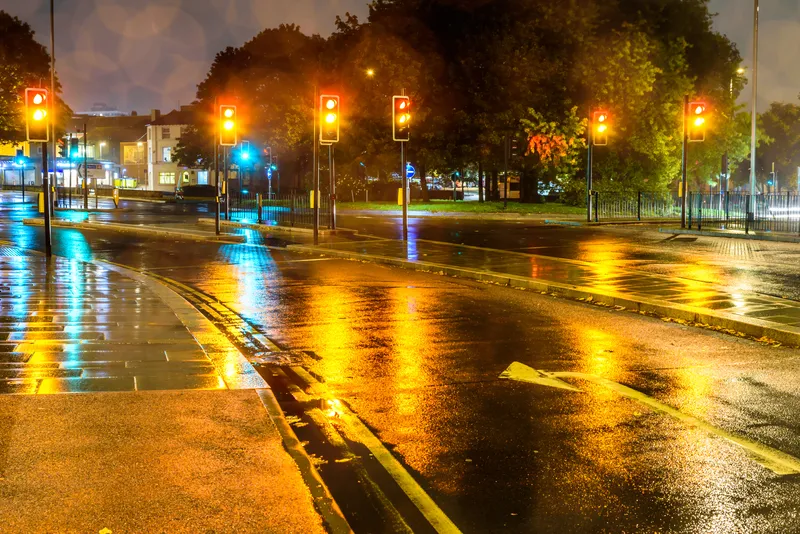The average UK motorist is being forced to waste £968 and spend 4.9 days stuck in traffic on major roads each year because of congestion, according to new analysis by the Local Government Association (LGA) in its new report, A country in a jam: tackling congestion in our towns and cities.
Travel speeds across the country’s local roads continue to decrease, with the average speed on ‘A’ roads now just 25.2 mph, one per cent slower than it was this time last year.
Congestion also significantly contributes to excess harmful vehicle emissions - which leads to 40,000 premature deaths annually.
The LGA is warning that congestion is no longer just threatening our environment and the quality of our air, but also becoming a drain on our economy and productivity too. It is forecasting that congestion will cost the economy £300 billion a year by 2030 –a tenfold increase of the current costs of £30.8 billion a year.
With traffic forecasted to rise by up to 55 per cent by 2040, council leaders are calling on government to outline a comprehensive congestion strategy to tackle the issue.
The LGA said councils need the same sort of long term funding certainty for local roads maintenance that is enjoyed by
The LGA says bus travel also needs to be actively encouraged and the Government needs to fully fund the concessionary fares scheme and give councils control over the Bus Service Operators’ Grant. This fuel duty rebate, currently paid directly to bus operators, would enable councils to protect vital bus routes, and give them the funding they need to provide an effective and efficient bus service.
Councils, outside London, also need powers enforce moving traffic offences so they can target notoriously congested junctions or stretches of road where safety concerns have been raised.
Average driver spends nearly £1,000 and wastes almost five days stuck in traffic a year
The average UK motorist is being forced to waste £968 and spend 4.9 days stuck in traffic on major roads each year because of congestion, according to new analysis by the Local Government Association (LGA) in its new report, A country in a jam: tackling congestion in our towns and cities. Travel speeds across the country’s local roads continue to decrease, with the average speed on ‘A’ roads now just 25.2 mph, one per cent slower than it was this time last year. Congestion also significantly contributes to
August 18, 2017
Read time: 2 mins
Related Content











